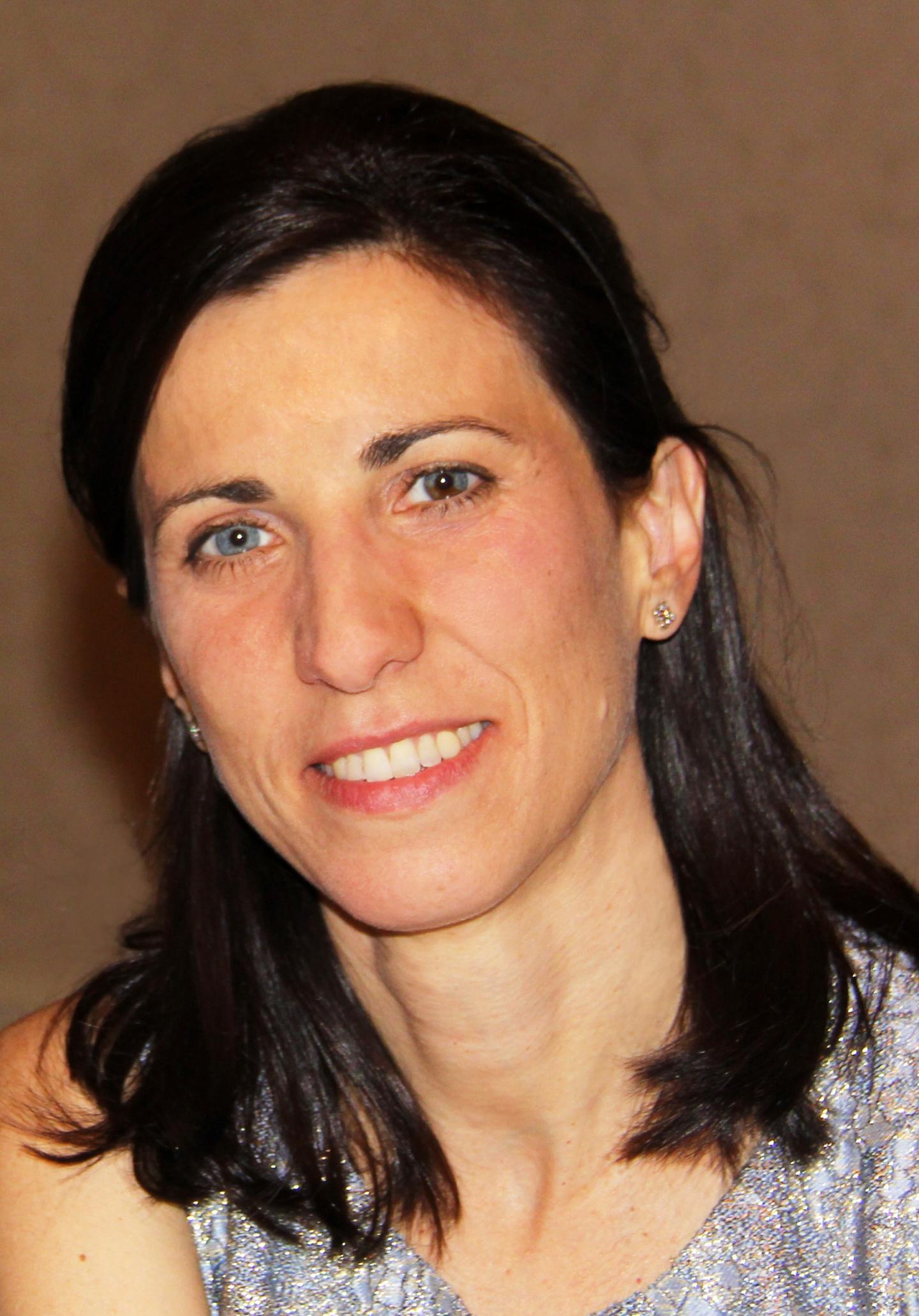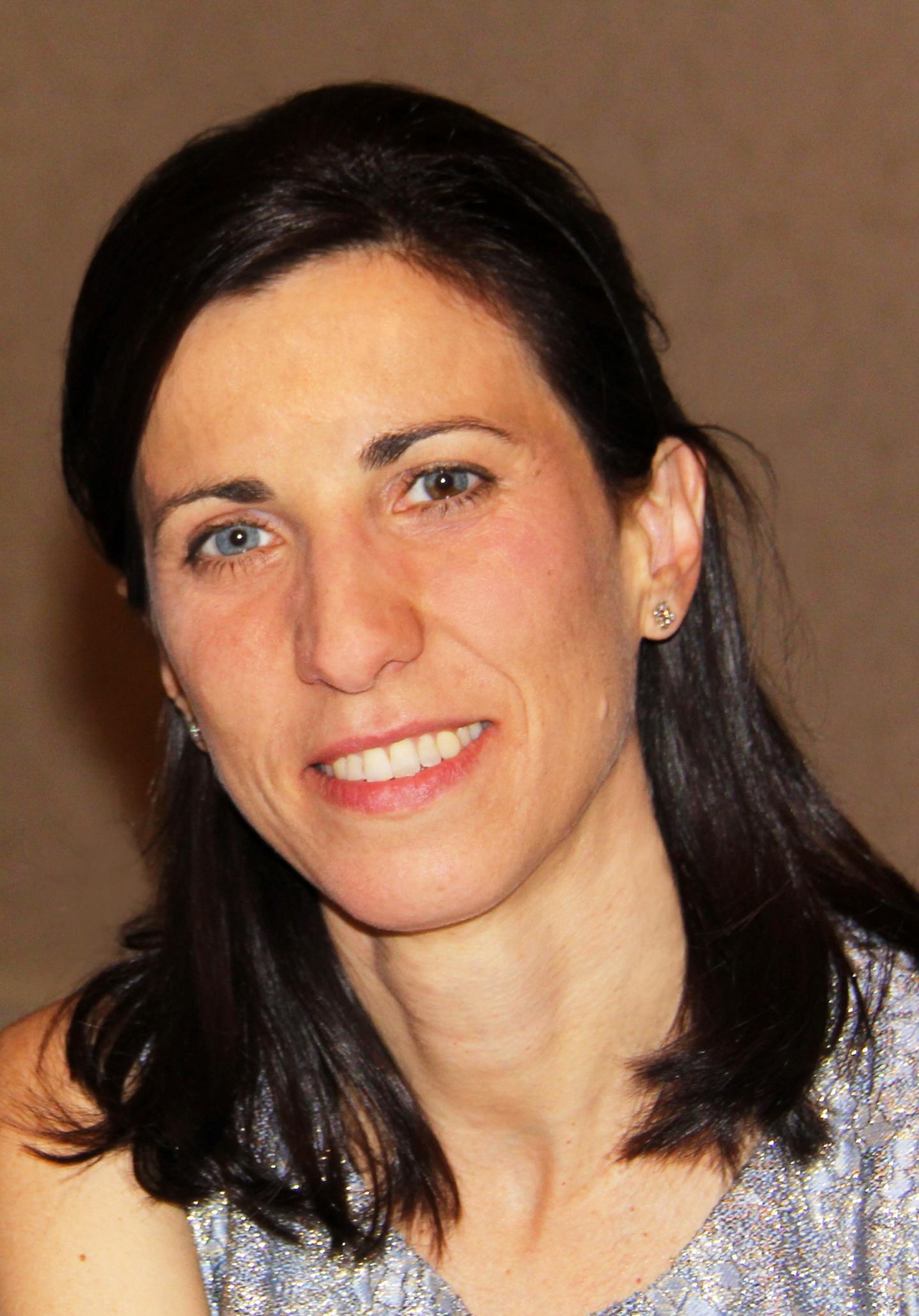
Credit: UMass Amherst
AMHERST, Mass. – A new analysis by health policy researchers at the University of Massachusetts Amherst who studied the effectiveness of the 1983 Orphan Drug Act (ODA) finds that current incentives "are not sufficiently stimulating orphan drug development" by pharmaceutical companies, and patients with rare diseases and conditions still have unmet needs. Further, barriers to ethical and timely access remain.
Associate professor Rosa Rodriguez-Monguio and doctoral student Tai Spargo at UMass Amherst's School of Public Health and Health Sciences, with Enrique Seoane-Vazquez of the Massachusetts College of Pharmacy and Health Sciences, Boston, analyzed all orphan designations and U.S. Food and Drug Administration (FDA) approvals since the ODA was enacted in 1983 through 2015. Details appear in a recent issue of Orphanet Journal of Rare Diseases.
The researchers say, "Advocates are reluctant to point out any flaws based on the fear of stifling innovation, but with over 6,500 diseases needing treatment, there is evidence to suggest patients' unmet health needs remains a concern and more effective incentives have to be implemented. There is an ethical imperative of addressing patients with rare diseases access to orphan drugs."
The definition of orphan drugs was expanded in 1984 to include drugs for any disease or condition affecting fewer than 200,000 people in the U.S. Today more than 6,800 rare diseases and conditions have been identified affecting an estimated 25 to 30 million Americans. Pharmaceutical companies claim that such small populations and difficulty in recovering research and development (R&D) costs contribute to a lack of alternatives for prevention and treatment of rare diseases and conditions.
For this work, the researchers conducted a search of peer-reviewed papers on incentives for developing orphan drugs and the ethical dilemmas to be considered when funding research for rare diseases and conditions. Of 262 articles, they identified 24 that met study criteria.
Rodriguez-Monguio acknowledge that "regulatory initiatives and R&D efforts during the past three decades resulted in the development and approval of a significant number of drugs for rare diseases and conditions." From 1983-2015, they say, the U.S. Food and Drug Administration (FDA) granted 3,647 orphan drug designations and 554 orphan drug approvals. The approvals correspond to 438 different brand names, and 53 branded drugs had more than one orphan approval.
The orphan drug approvals targeted 277 rare diseases, with cancer seeing the highest number of approvals, 32 percent of the total. Other high-approval diseases were hemophilia and acute lymphoblastic leukemia. Rodriguez-Monguio says this emphasis on cancer could represent a trend towards more stratified medicine or an attempt by the industry to use ODA incentives to approve oncology drugs for orphan drug indications that, once approved, are often used off-label.
However, she and colleagues add, "In spite of the significant increase in the number of orphan drugs approved by the FDA since the enactment of the ODA in 1983 and the faster-than-the-economy increases in orphan drug prices, the economics of the orphan drug market remain controversial among some scholars and stakeholders."
They say orphan drugs represent an increasingly important component of the U.S. pharmaceutical market and she challenges the assumption that developing orphan drugs without public support is not profitable for pharmaceutical companies.
Indeed, orphan drugs can be profitable even in rare diseases with very small number of patients, she adds. Further, the R&D cost is lower for orphan drugs due to accelerated review processes that allow using surrogate endpoints in clinical trials for rare diseases. The researchers say high drug prices and a favorable reimbursement system for these drugs has brought the companies billions of dollars in revenue.
Topics for more attention include that the U.S. and European Union use different methods and population thresholds to determine if a drug qualifies for orphan designation, the authors say. Also, the ethics of resource allocation for funding orphan drugs have not been agreed upon and "there is no consensus" on whether patient population is a justifiable factor in cost-effectiveness. Estimating average cost per patient or per rare disease is challenging, as well, and this average is often skewed by a few patients who require greater resources. "There is not a comprehensive moral or ethical justification for the allocation of these resources codified" by society, they note.
The authors call for "a comprehensive understanding of the ethical considerations of access to safe and effective orphan drugs" as research continues and public policies are adopted that could affect patients' ability to afford treatment.
Rodriguez-Monguio and colleagues suggest, "While orphan drugs improve the health status and quality of life of patients, the cost of new orphan drugs also limit patients' access to treatment. The unmet needs of patients with rare diseases and conditions suggest that the current financial incentives are not efficiently stimulating orphan drug development and marketing."
###
Media Contact
Janet Lathrop
[email protected]
413-545-0444
@umassscience
http://www.umass.edu
############
Story Source: Materials provided by Scienmag





